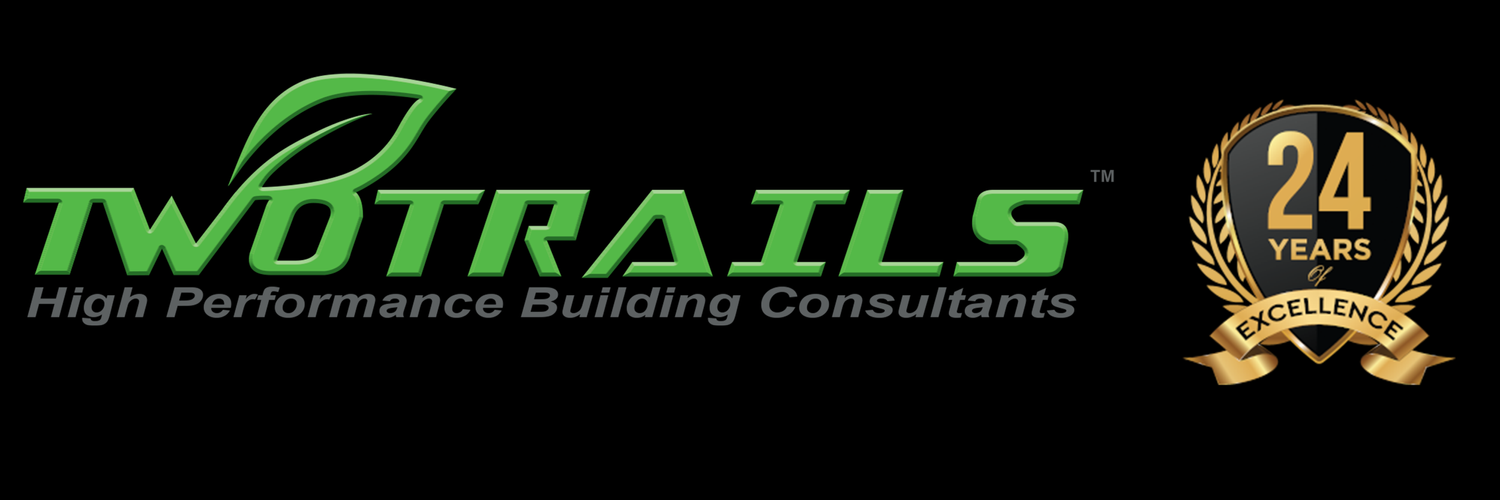What certifications are out there and which one is the best?
Mr. Green-You write about green certifications a few times in your articles. What certifications are out there and which one is the best? –Frank V. Parrish, FL
Thanks for your question Frank. As a green consultant I am never going to say that there is a bad certification. All the recognized national and regional certifications provide value to a home and a consumer. The programs that you need to watch out for are the builders that have developed their “own” programs. They may have a home package that have marketing names like “Energy savers plus or Green upgrade.” You need to ask what they are actually doing in these packages and how is it benefiting the home. Ask for proof that their packages work. Some builders actually do include certifications in their “marketing packages.” It is always best to ask. If the home is being built to a specific certification, you as buyer need to state that you want the home certified before it is built. You cannot get a certification on the home after it is built. The recognized regional and national certification process starts before ground is broken and is verified by an independent certification consultant. The certifier checks the process throughout the construction to make sure it complies with the certification that is being spec’d out for the home. If your home is being built to certification and not being certified you are leaving valuable perks on the table. A couple added perks would be reduced mortgage rates and higher resale value. A home can have more than one certification. Each certification is tailored differently depending on what you want to achieve and there are levels of certifications within the respective certifications for example (Certified, Silver, Gold, Platinum). The “green” movement is growing strong. We should give credit to the organization that actually gave creditability to the movement. It was actually the American Lung Association that should get credit for the starting the green certification movement. They developed a Healthy Home program back in 1996, specifically designed for indoor air quality, which became one of the key factors for all the green home standards across the country. Below is a list of the ones used in the state of Florida.
FGBC Green Home Certification – Specifically developed for Florida and the unique hot and humid climate. It is also the most recognized certification in Florida. It is affordable and flexible allowing for focus areas. For example you can concentrate on energy or water throughout your project. FGBC (Florida Green Building Coalition) was the first green home certification recognized by the Florida Home Builders. It was also one the first formats used in the country and was the basis for other certifications including NAHB and LEED. www.floridagreenbuilding.org
NAHB Green Home Standard – Designed for states that did not have a green certification. It was designed with track homebuilders in mind wanting to procure certifications across the United States. It has also been ANSI – (American National Standards Institute) certified. In the state of Florida, large track homebuilders or builders/homeowners looking for a national certification at a reasonable cost use the NAHB standard. www.NAHB.org
USGBC LEED Home Standard – Designed specifically for those builders, homeowners and track homebuilders that want to achieve a higher standard in green home certifications. According to USGBC it is for only the top 25 percent of all green homes. It is a national certification. It costs more to achieve and requires builders to apply additional funds into the building process. www.USGBC.org
Energy Star – Designed specifically for reducing energy usage within a home. This is not a standalone green certification; it is typically used in conjunction with one of the aforementioned green certification programs to procure points. It does not take into consideration the entire housing envelope inside and outside of the home. www.energystar.gov
Water Star – Designed specifically for reducing water usage inside and outside of the home. It is not a standalone green certification; it is typically used in conjunction with one of the aforementioned green certification to procure points in water conservation. It does not address the construction process. www.sjrwmd.com/floridawaterstar
-Mr. Green
If you have a question for Mr. Green, please email, facebook or twitter us and; we may answer your question right here.
Please add the following contact info:
Twitter: @TwoTrails
Facebook: www.facebook.com/TwoTrails
